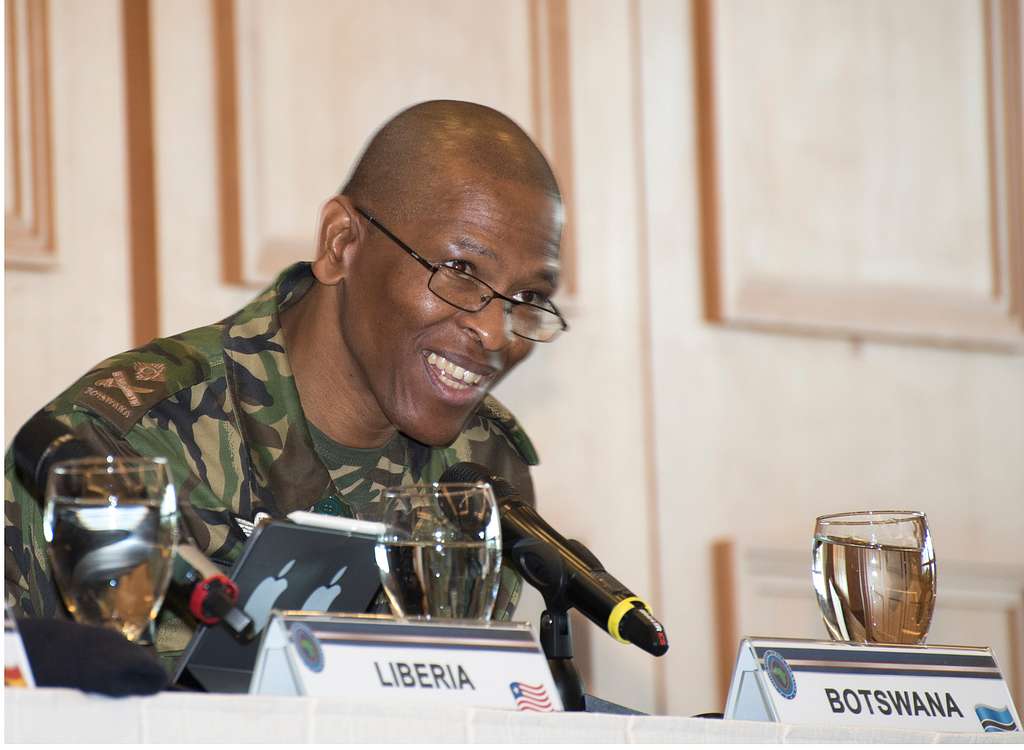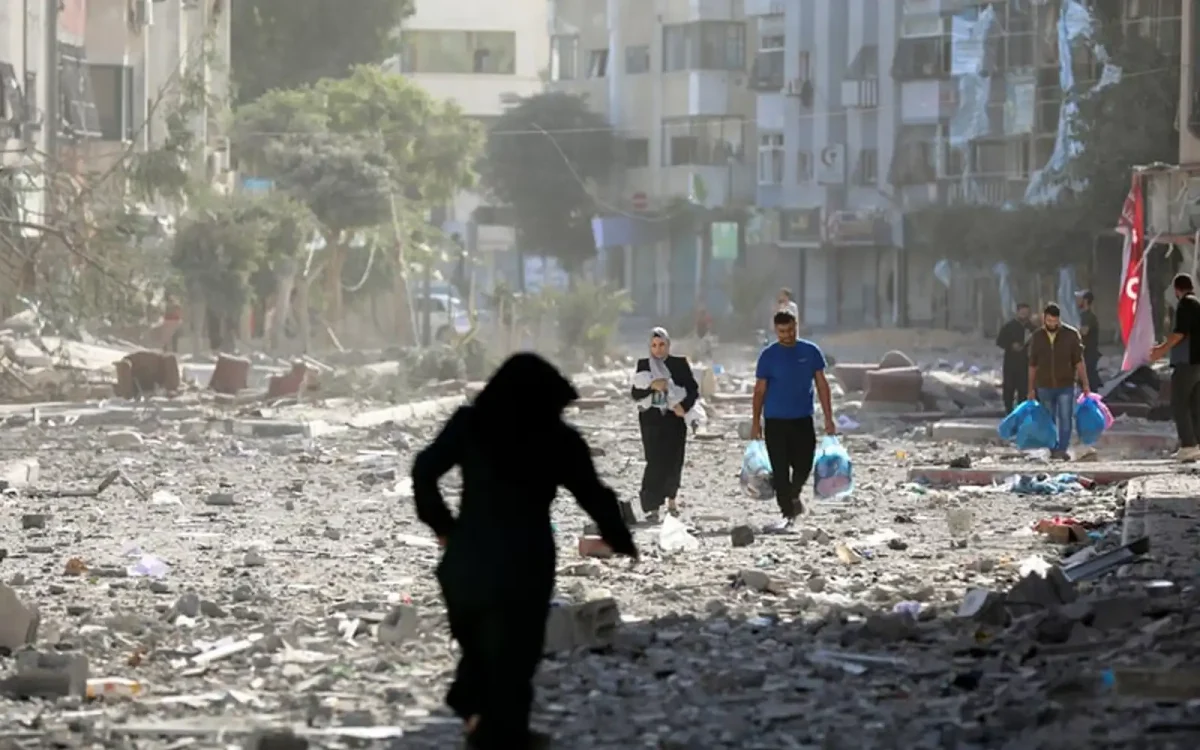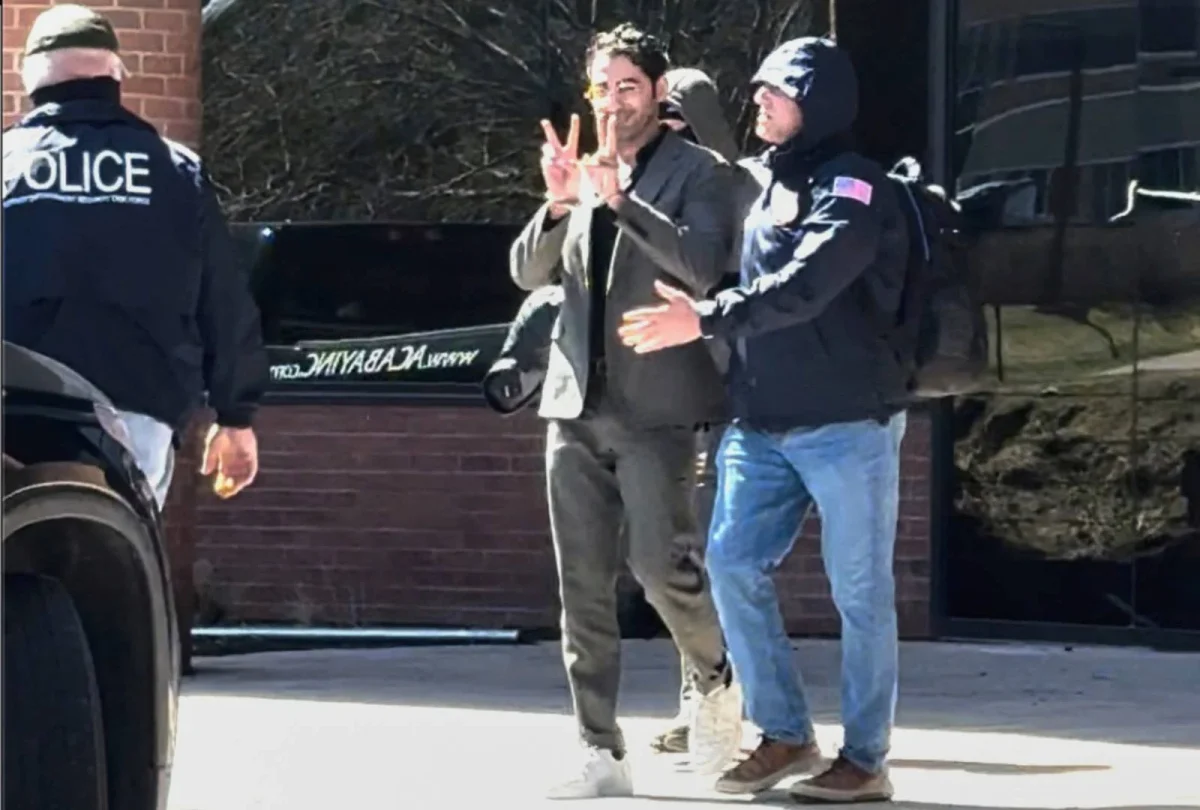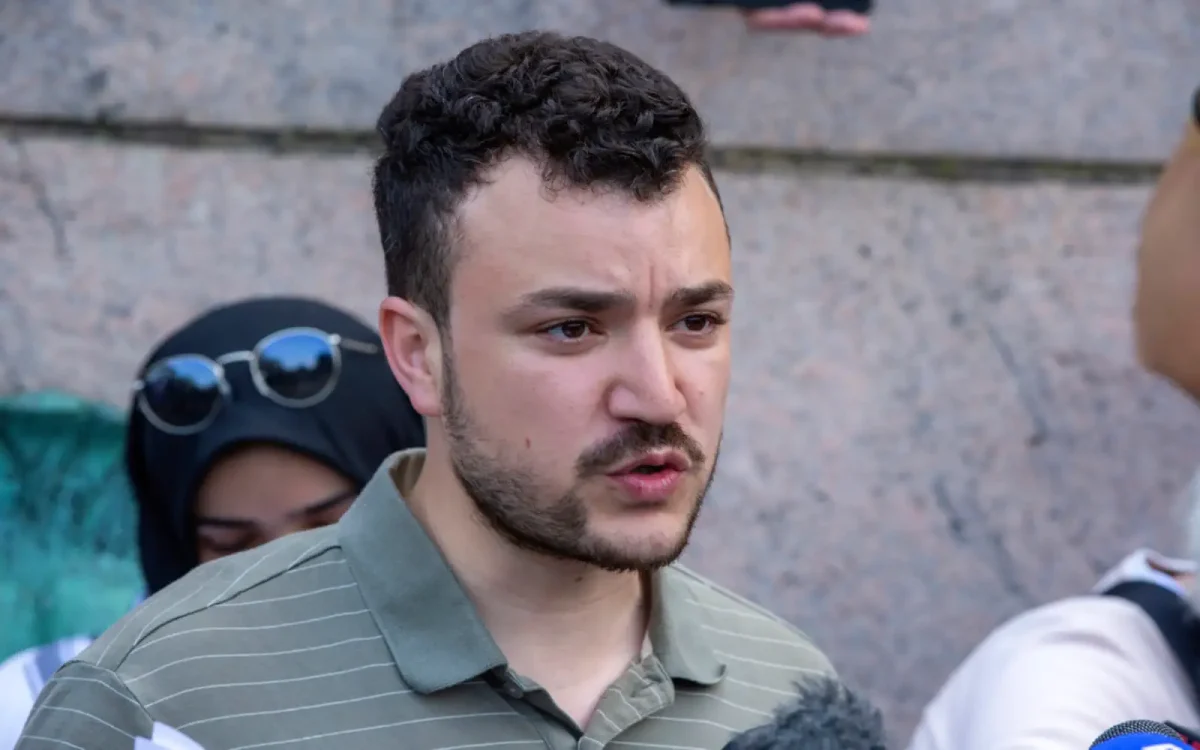During the run up to Barack Obama’s historic presidential victory, one key factor was in almost every observer’s mind: the effect of the Black vote. A lot of prognostications depended on two vastly different scenarios. One depended on the idea that the black vote would turn out in record numbers and propel Obama to victory and make him competitive in southern states where democrats usually had no hopes of winning. The other held to the idea that the black vote would turnout either in normal numbers or that he would not get enough of an increase in black turnout to win.
Neither of the scenarios ended up being true, and in the end the black turnout was slightly higher than usual, but it was not the sole reason of President Elect Obama’s victory. There was actually a drop in the black turnout here in North Carolina, but Obama was still able to win a narrow victory here. What seemingly turned out to be much more important was that Obama won all other nonwhite racial demographics nationwide by a two to one ratio.
If Obama’s win was a pleasant surprise for many people, it must have been almost as much of a surprise that Obama won without a significant increase in black turnout. Conversely, the continually mediocre turnout has to be considered problematic. If blacks do not consistently participate in the democratic process, the community’s political power will be compromised. The entire situation really does beg the question: why was black turnout not higher, and what can be done to remedy the problem in the future? Historically, low black turnout has usually stemmed from social barriers that kept blacks from voting such as poll taxes and literacy tests. Even more recently black turnout has been harmed by rumors of voter suppression, like the rumors of automated phone calls to black neighborhoods telling people that democratic voters are to vote on Wednesday and not Tuesday.
Voting irregularities that were not even clearly aimed at black voters, like when forty percent of votes in predominantly black communities around Jacksonville were thrown out, also contribute to a lack of black voter confidence in the electoral system. Largely because of problems like these, black turnout has traditionally been lower than the white communities by as much as a ten percent difference, according to studies done by George Mason University professor Michael McDonald.
Worries such as these surfaced again this time around, with rumors that early votes would not be counted, or other worries that somehow someway Obama would simply not be allowed to win no matter what. Thankfully, election day went smoothly without any major problems and all of the votes were counted successfully. Hopefully, this will be the beginning of the end of people not voting because they have a legitimate worry of not having their votes counted; this still does not answer the question of why black voter turnout is still fairly mediocre.
What has to first be understood is that not only the black community has struggles with getting people to the polls. The problem is an American problem. In the end it is going to rest on the shoulders of individuals to get themselves to go out and vote. But hopefully the success of Obama and the relatively smooth nature of this past election will encourage more black voting. It would also help for groups to show how local officials affect people, encouraging people to get to the polls to make a difference in their own neighborhoods. In the national arena an increase in black voter turnout could transform the electoral map (especially in the south) and allow the black community to hold more power as a voting bloc. The hypothetical increase in voter turnout could do a lot for the black community, but until those who do not vote take it upon themselves to vote, the potential for the increased political influence of the black community will remain unfulfilled.




